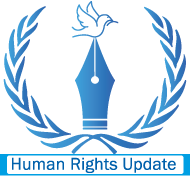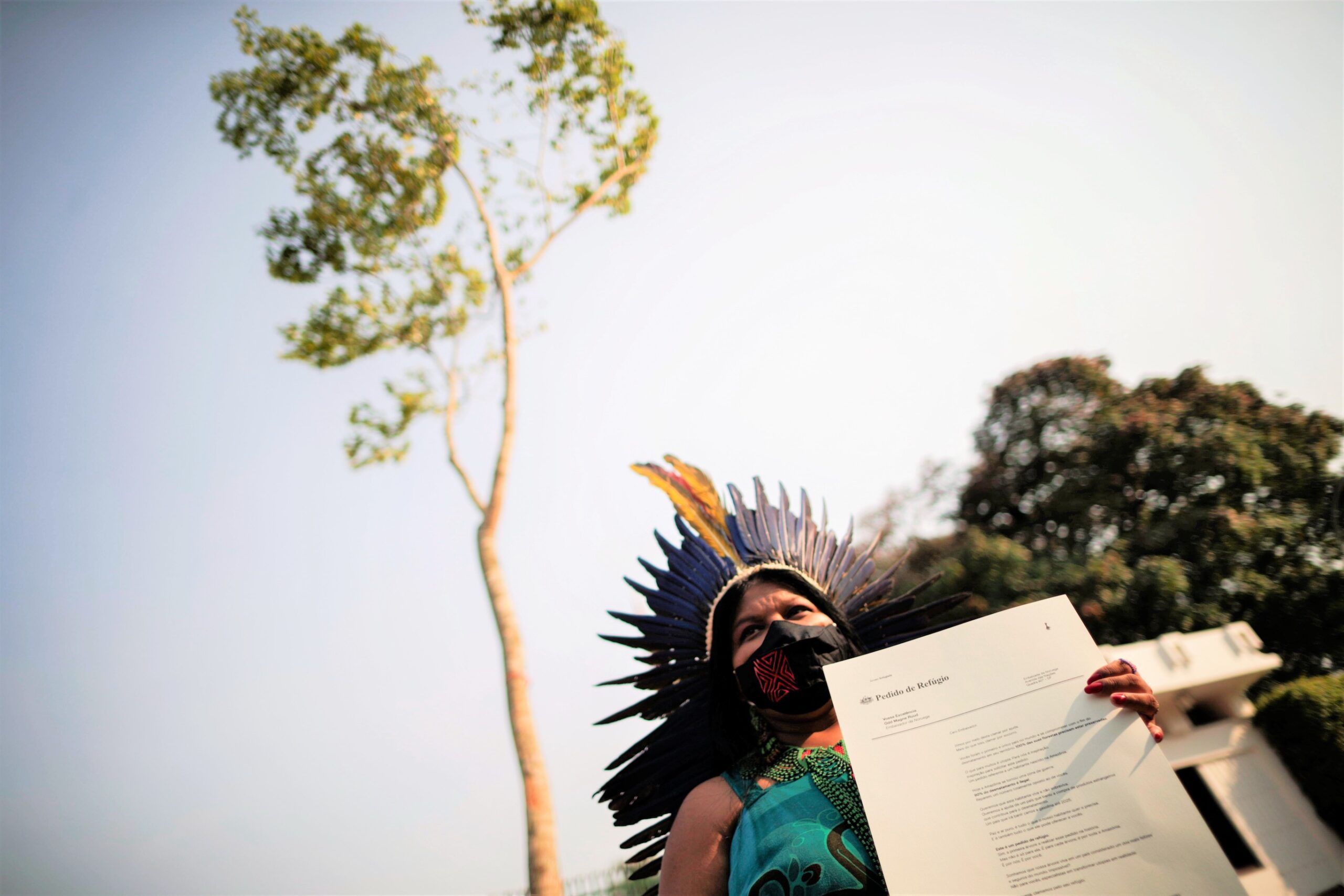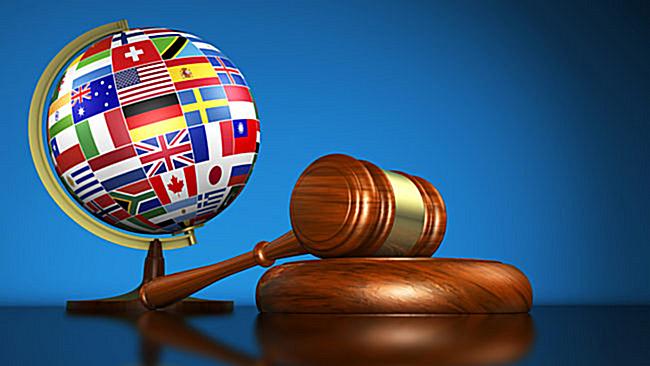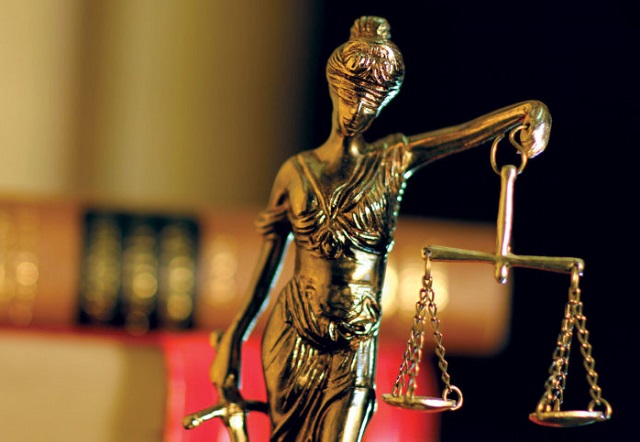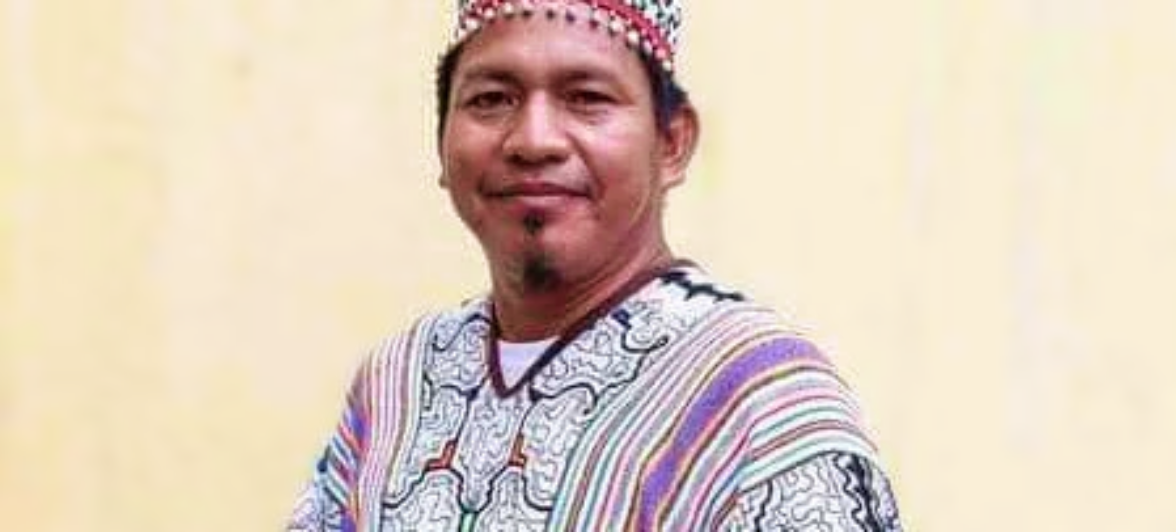Recent political developments in Bangladesh have raised alarm bells both within the nation and abroad. Allegations have been levied against Prime Minister Sheikh Hasina and her ruling party, the Awami League, of trying to establish a fascist regime in the country. Accusations suggest that the Awami League, having allegedly assumed power illegitimately three consecutive times, is now suppressing opposition parties, misusing law enforcement, and manipulating the legal system to solidify its rule.
Human rights watchdogs and political activists argue that the government is restricting the fundamental rights of its citizens by curtailing political gatherings of opposition parties and arresting attendees. Instances of law enforcement using bullets and tear gas to disband opposition gatherings have also been reported. Opposition parties claim that they are being unfairly targeted, with their leaders and activists facing multiple fabricated charges and being subjected to harassment.
The international community has not turned a blind eye to these developments. The United States, which has previously cautioned the Bangladesh government on numerous occasions, has initiated a visa ban process against some Bangladeshi individuals. This list includes members of law enforcement, ruling party officials, and even members of the government’s purported opposition parties. Affected individuals’ families might also be subjected to this ban.
However, in a defiant move, Prime Minister Sheikh Hasina publicly criticized the U.S. while attending the 78th session of the United Nations General Assembly in New York. In a candid declaration, she expressed her indifference to international sanctions and hinted at her intent to maintain power in Bangladesh at any cost. Additionally, Hasina warned other nations, including the U.S., suggesting retaliatory bans from Bangladesh if they attempted to intervene in the nation’s electoral processes.
Further emphasizing the gravity of the situation, the European Parliament has jointly voiced its concerns regarding the deteriorating human rights conditions in Bangladesh. A resolution has been passed, calling on Bangladesh to adhere to international civil and political rights agreements. The resolution, proposed by seven groups from varying political ideologies, also highlighted the importance of safeguarding non-governmental organizations, human rights activists, and religious minorities.
With the 2024 elections approaching, all eyes are on Bangladesh. The international community remains hopeful that the nation will uphold the democratic principles it is founded upon.
As tensions mount, the coming months will be crucial for Bangladesh’s democratic stability. The international community, including the United Nations and various human rights organizations, are expected to closely monitor events in the lead-up to the elections.
Several countries have hinted at potential sanctions should the Awami League government continue its alleged suppression of the opposition. Diplomatic circles indicate that apart from the U.S., other nations might consider economic and diplomatic measures to pressurize the government in Dhaka to ensure a free and fair electoral process.
Inside Bangladesh, grassroot movements and youth-led initiatives are gaining traction. Social media platforms have become a hub for political discourse and advocacy for democratic rights. There’s a call for greater unity among the opposition parties to challenge the ruling government collectively. Whether they can rise above their differences and present a united front in the upcoming elections remains to be seen.
Critics of the current regime are also appealing to the international diaspora of Bangladeshis to play their part by raising awareness of the situation in their host countries. Several rallies, seminars, and protests have been organized by Bangladeshi communities overseas in cities like London, New York, and Sydney.
Nonetheless, the situation remains fluid. While the government insists on its commitment to democratic principles, its critics argue otherwise. Bangladesh, with its rich history of fighting for democracy and justice, stands at a crossroads. The choices made in the coming months will have lasting implications, not just for Bangladesh but for the entire region.
One thing is clear: the global community’s involvement and attention to Bangladesh’s political scenario will play a pivotal role in shaping the nation’s democratic future. As the clock ticks towards the 2024 elections, Bangladesh will undoubtedly remain in the international spotlight.
